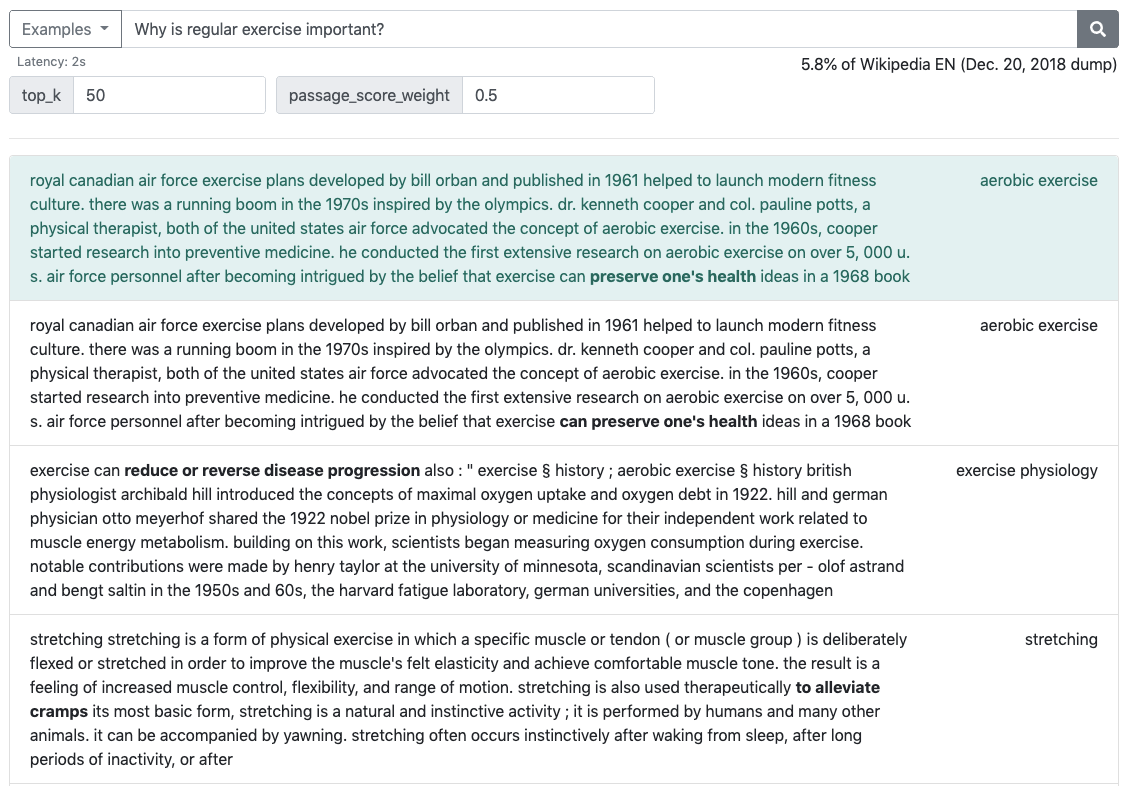SyntaxLang
Reserved Defined Words
| Word | Function |
|---|---|
| fo | Terminates a noun phrase or verb phrase |
| tu | Converts an adjective block or sentence to a noun |
| to | Terminates 'tu' |
Word Classes for Undefined Words
| Word Class | Description |
|---|---|
| Noun | A thing |
| Verb | An action, state, or occurrence |
| Adjective | A descriptor of a noun or verb |
| Modifier | A word modifying an adjective |
| Converter | Converts a noun to an adjective that conveys a relationship to the noun |
List of Syntactic Constructions
Adjective Phrase
An adjective phrase conveys a single attribute or relationship of a noun or verb. It can come in either of the following forms, both of which optionally end with a single modifier.
adjective (modifier)
converter noun-phrase (modifier)
Adjective Block
An adjective block is a set of one or more adjective phrases joined together. This construction may immediately follow the noun or verb in noun and verb phrases respectively. When an adjective block contains an adjective phrase formed through conversion followed by another adjective phrase, it is necessary to use fo to explicitly terminate the noun phrase being converted. If fo is omitted, the adjective phrase that follows will instead bind to the adjective block of the converted noun phrase. Here are some examples with the boundaries of adjective blocks and phrases shown using square brackets and parentheses respectively.
[(adjective) (adjective)]
[(adjective modifier) (adjective)]
[(converter noun-phrase fo) (adjective)]
[(converter noun-phrase [adjective])]








